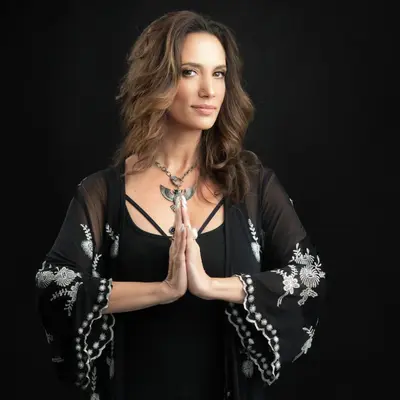Most people learn about God through a religious institution or establishment. Some learn about God through scripture like the bible, torah, or koran. Dogma refers to a doctrine or corpus of religious doctrines relating to matters concerning mortality and faith. These authoritative beliefs, principals, and statements are considered to be absolute truth and are never questioned or doubted by their followers.
In fact, in order to belong to most religious establishments, one must believe and follow the rituals and structures in order to continue to congregate within the religious community.
Since questioning any religious establishment seems too be unacceptable and skepticism is anathema, most people try to follow “Gods laws”. Unfortunately, due to the demands of life many people in spite of their intentions fall short of following dogmatic structures.
Eventually, feelings of inadequacy bring us further away from our truth and even farther away from our faith. dogma is suppose to bring us closer.
As we begin our journey into self discovery we realize that there are many contradicting philosophies between religious dogma and eastern spirituality. The belief in religious dogma is that if we follow spiritual scripture and worship a God we dissolve the consequences of our actions- while eastern spirituality teaches us we are responsible for our own karma. Good or bad, all karma comes from ones own desires and actions.
The problem with dogmatic views and opinions is they give the perception that God lives outside of ourselves, along with the misconception that something or someone aside from ourselves has power over our well being.
Dogma excludes the fact that deity lives inside every human being.
A deity refers to a supreme being, god or goddess. It is the nature and essence of a god and supernatural being. Man is made of half dust and half deity. The deity part of self is the divinity and god part of self. It is the part of ourselves which allows us to manifest great things.
There are many definitions of Dharma, depending on the context in which the word is being used. These include conduct, duty, right, virtue, and mortality. In Sanskrit, the ceremonial language in the Hindu religion is dharma ,which means “that which upholds”
In spirituality the term Dharma refers to souls path or life journey.
As we experience and live our dharma we learn lessons having to do with mortality, ethics, virtue, righteousness, and purity. We learn these lessons by spiritual and physical experiences we live.
Dharma is a universal principal. It is our place in the cosmic process, in time, space, awareness, thought, deed, and desire. Dharma is anything which brings us closer to divinity. When we are living in accordance to our dharma we learn to do the right things, at the right times, for the right reasons.
To understand the differences between Dogma, Dharma, and Deity is to understand that dogma was formed from information which was acquired through spiritual beliefs of higher archery and all dogmatic views are based on symbolism and archetype’s in spiritual literature not literal meaning.
Every human being is connected to God through deity and dharma. Deity allows us to co- create with the universe and to know God personally through our own relationship and journey which is known as dharma.
To book a psychic soul reading please go to website and fill out an inquiry at http://www.pureenergyhealer.com . If you or someone you know is interested in learning more Holistic and Spiritual topics and modalities sign up for my workshops at http://www.meetup.com/holistic-and-spiritual-transitions/
Until next time ” Be true to yourself ” – Laura The Voice of Truth




